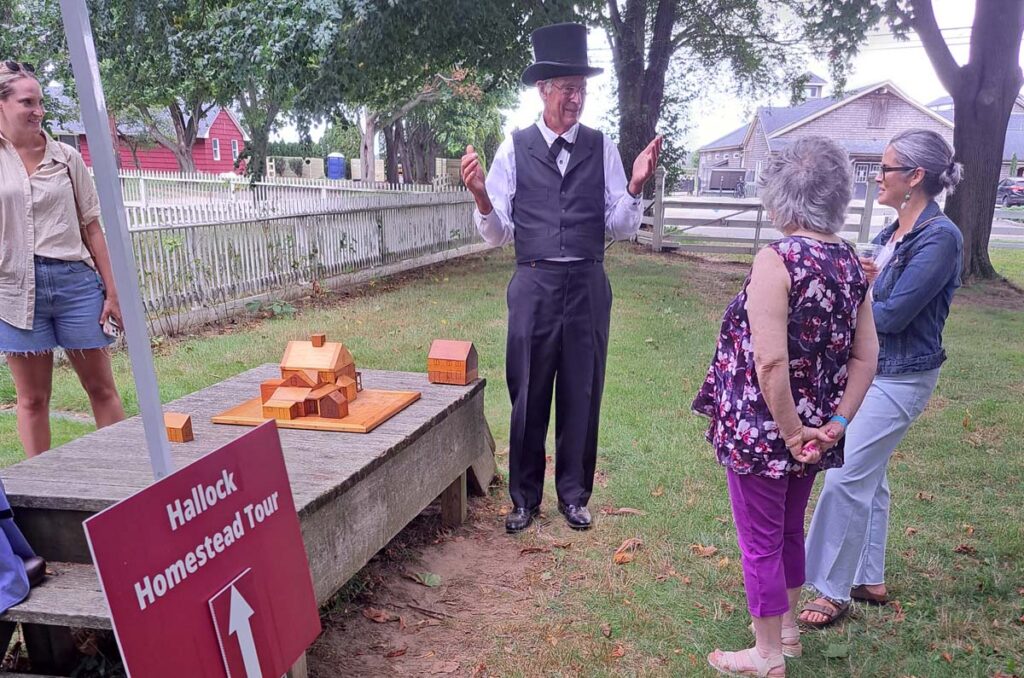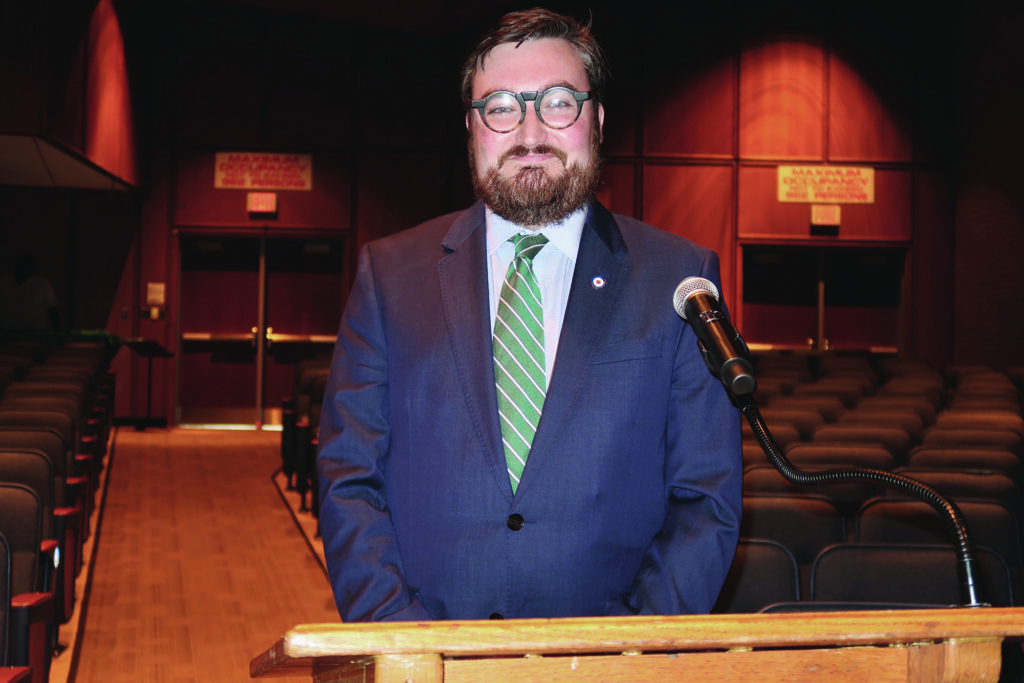Editorial: Banned Books Week is unhappily upon us

The first week of October has been set aside nationally as 2023’s Banned Books Week. The week, and the issue itself, will be recognized at Riverhead Free Library Saturday, Oct. 7, from 2 to 3:30 p.m. To our knowledge, this is the only library in our area bold enough to publicly acknowledge and address this topic.
The theme of this year’s event is “Let Freedom Read.” According to advocacy group PEN America, 3,362 individual books were banned during the 2022-23 school year. Bans occurred in 33 states, with Florida, under the leadership of Gov. Ron DeSantis, leading the pack — a dubious distinction. Press reports estimate some 300 books have been removed from library shelves there in the last school year.
Book censorship has a truly un-American feel to it. It’s right up there with censoring American history to eliminate the unflattering parts or, as has already happened in Florida, creating a school curriculum that positions slavery as a valuable job-training program.
So far, banned books have not been piled into small mountains and set ablaze, as they were in Germany in May 1933. In Missouri last month, a candidate for governor took a flame thrower to a pile of cardboard boxes. He said later he would burn books he found objectionable. If that were to happen on a large scale, Americans would be right to ask what would come next.
Lists of banned books show a common thread. Many have themes relating to sexuality that very small numbers of adults do not want children exposed to. We take the opposite view: Library patrons and children using their school libraries have the right to see representations of themselves and their lives in book collections. Otherwise, those children, denied those stories and that recognition, are marginalized even further. Small groups of people should not be dictating what the rest of us can read.
A May 2023 Ipsos/NPR poll showed that 65% of Americans oppose book bans by school boards, and 69% oppose bans by state lawmakers. Yet they continue.
Not teaching certain aspects of the American story is an extension of the threatening political mood in our country that has seen a sharp increase in book bans. Incredibly, public schools in Florida will now teach that slavery had its benefits. Ignorance is not bliss. Other language in the curriculum also states that Black people were perpetrators of violence — during race massacres.
Here on eastern Long Island, there have been positive developments toward coming to terms with our past. The New York State Legislature passed a bill, co-sponsored by state Sen. Anthony Palumbo (R-New Suffolk), that restored state recognition to the Montaukett people, who for thousands of years lived on eastern Long Island and were stripped of that designation early in the 20th century by a judge in Riverhead who said they no longer existed. A people without a history quickly became a people without land.
And 1st District Representative Nick LaLota is behind a bill to designate Plum Island as a national monument, which would acknowledge the Montaukett people’s millennia as stewards of that island.
The Cutchogue-New Suffolk Historical Council has now included an exhibit on an enslaved woman in the Old House on the Village Green. Also, two groups — the Plain Sight project in East Hampton and the North Fork Project — are involved in deep research on the institution of slavery across the region. Local research on that subject is a first, as is the Old House exhibit. More, of course, can and should be done. The more we know, the better our democracy will function when, as now, it is under attack.
History and democracy are inseparable. Ignorance of our shared past, banning of books whose subject matter some find offensive, is not the way a democratic society moves forward. It is just the opposite, in fact.








